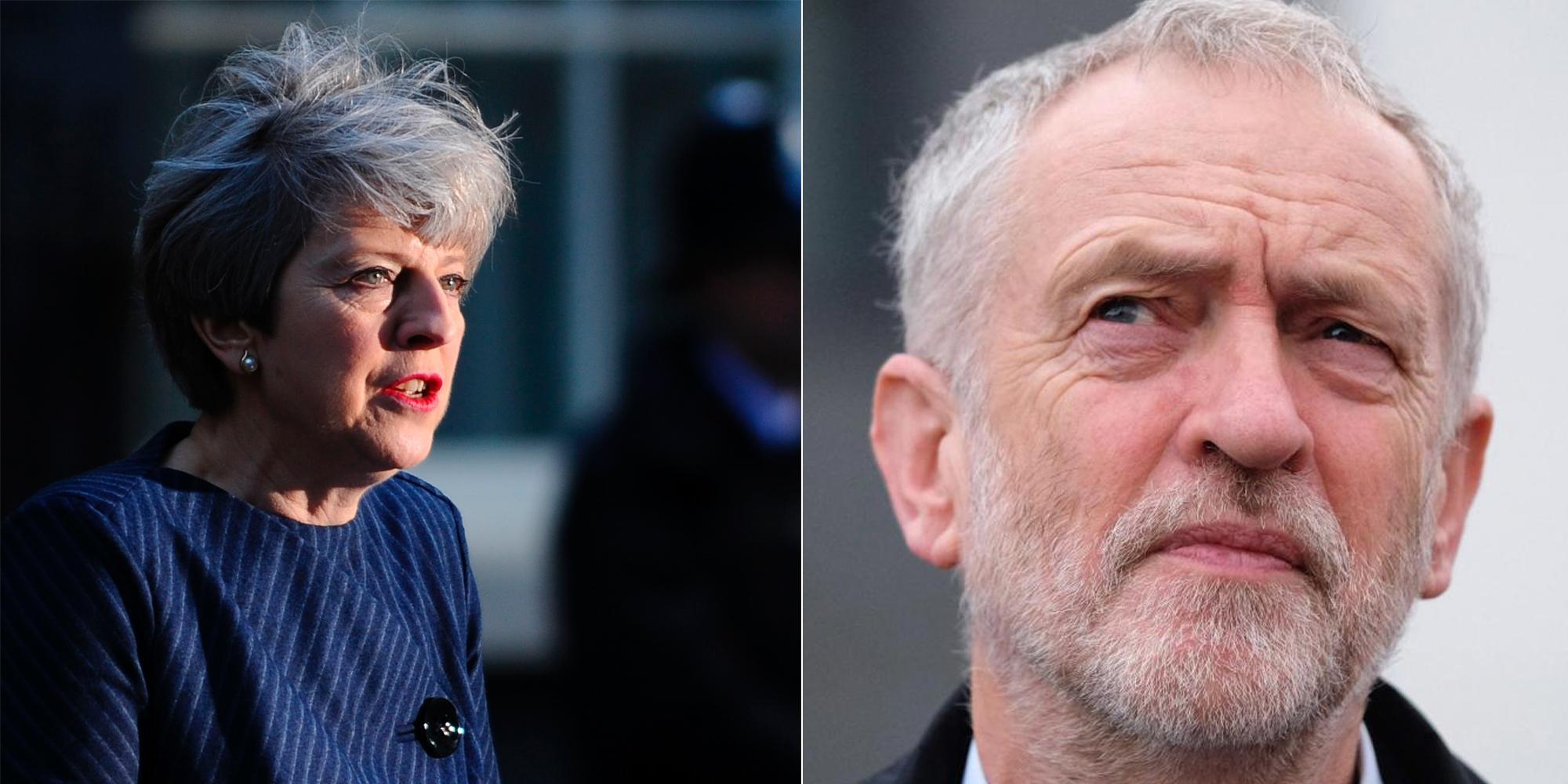Theresa May needed Labour's support for a snap election, and she got it – even though Corbyn is heading for a bigger defeat than 1983
If you are the Prime Minister, looking at the prospect of a massively increased majority, it’s worth the temporary awkwardness of saying you have changed your mind


The problem for Theresa May was always going to be how she justified it, and to be frank she did that rather badly. She blamed the opposition parties for causing disunity at Westminster.
But if you are the Prime Minister, looking at the prospect of increasing your majority from 17 seats to over 100, it’s worth the temporary awkwardness of saying you have “recently and reluctantly” changed your mind. After all, it is not as if the median voter is going to say: “Hold on a minute – you promised you wouldn’t hold an early election; I’m voting for Jeremy Corbyn instead.”
So that is the only bump in the road. Corbyn himself removed the other possible obstacle to an early election within minutes of the announcement by saying he welcomed it – implying, therefore, that Labour MPs would provide the two-thirds majority needed under the Fixed-term Parliaments Act to move the date of the next vote forward from May 2020.

For May, all the other arguments are strongly in favour of an election. Above all, the prospect of a huge majority, which would give her a personal mandate and significant authority in the Brexit negotiations.
Our ComRes opinion poll at the weekend suggested that the Conservatives have a 21-point lead over Labour. The same figure as was produced by YouGov this morning. The last time a Tory government was that far ahead was on the eve of the 1983 election, when Margaret Thatcher won a 144-seat majority. And there are reasons for thinking that Labour is in an even weaker position this time.
Labour MPs are already struggling to explain why Corbyn, whom most of them have opposed fiercely, should be prime minister. Neil Coyle, who nominated Corbyn for the leadership but then wanted him out, told the BBC: “Any Labour prime minister is better than any Conservative prime minister.”
The other big reason for holding an early election is the Brexit negotiations. Winning a large majority would help, presentationally, in her talks with fellow European leaders. But more important is the risk of the talks going wrong. All the recent talk of “no deal”, and of Britain having to walk away from the EU with no better trading terms than North Korea, reflects the anxiety at the highest levels of government.
A lot can happen over the next two years, and if you have a 21-point lead now, the big question about an early election is: Why not?

The temptation for May was therefore irresistible. Talk about learning lessons from your predecessors. Gordon Brown could have won an election if he had seized the chance to cash in on his opinion-poll honeymoon in 2007. But he havered over an election in semi-public for weeks. Theresa May’s operation is so closed that there wasn’t a whisper of it in the media until Downing Street announced she would be making a statement.
It reminds me of the story with which Rosa Prince opens her biography, Theresa May: The Enigmatic Prime Minister. Andrea Leadsom phoned May to say she was planning to pull out of the leadership contest and asked her not to tell anyone until she had announced it publicly in two hours’ time. May, knowing she was going to be prime minister, went ahead to give the opening speech of her leadership campaign and told no one, not even Philip, her husband.
Theresa May has turned out to be good at politics. Labour is heading for a historic drubbing.
Join our commenting forum
Join thought-provoking conversations, follow other Independent readers and see their replies
Comments
Bookmark popover
Removed from bookmarks